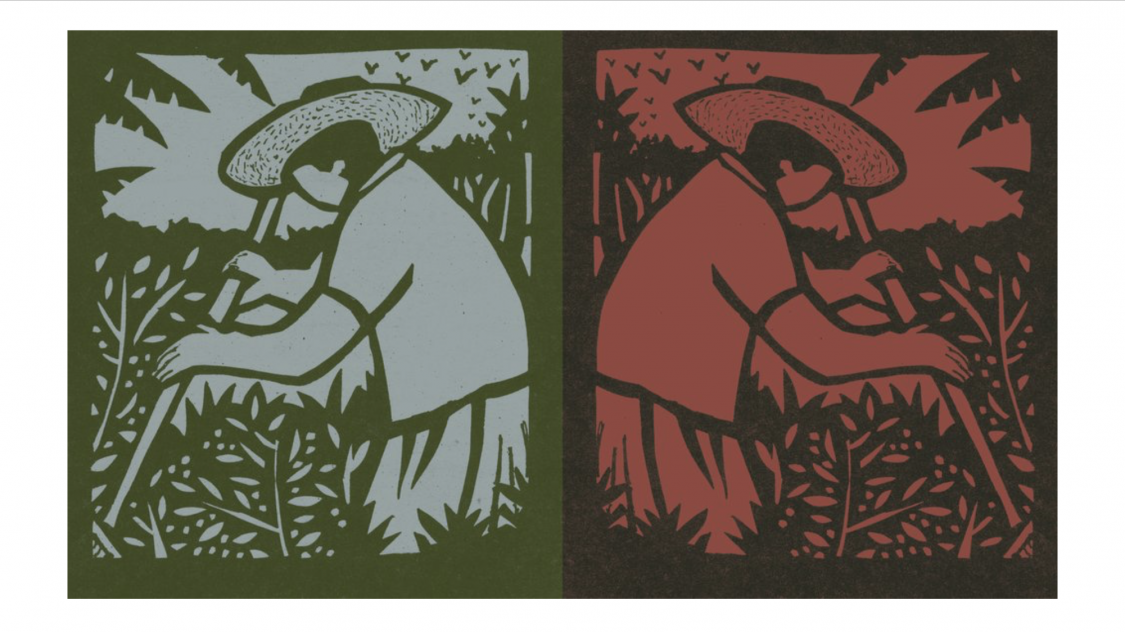|
So, we are on a mission now to explore all options as the Journal of Fair Trade Society!
The Journal of Fair Trade strives to publish a wide range of voices on building economic systems, practices, ideas and approaches to trade that are fair for people and planet whilst becoming a credible and important voice within vital global debate, dialogue and change. The Journal of Fair Trade Society membership organisation owns and runs the Journal of Fair Trade with support from the Pluto Educational Trust. Join as a member of the Journal of Fair Trade Society which encompasses a community with a shared passion for Fair Trade.
Individual member £15 / year
Organisation / Social Enterprises Membership £45.00 / year
Ethical Business Membership £100.00 / year
Even before Open Access, The Journal of Fair Trade aimed to become a membership organisation. And the 100 or so early supporters who paid for access and as moral support need to be warmly thanked for their decision to become founding members!
Currently the Journal of Fair Trade Society is a small, informal body with a handful of members, individuals and organisations, signed up.
It’s easy to join and there is no screening process.
The Society doesn't yet have, but really needs good and effective ways to decide things, get advice and help – put simply more ‘boots on the ground’! We have had a preliminary Advisory Board of volunteers, and it is time to replace this with a group of volunteers to become the Journal of Fair Trade Society’s Founding Board.
The vision for the Society’s Founding Board and members is:
• To develop the Journal of Fair Trade Society as a membership organisation: bringing together people who think ideas matter, that thought and action in fair trade is important, and who care enough to help and want to redress wrongs in the world.
• To raise a core budget through membership dues and contributions/donations to stay viable
• To develop and draw up appropriate rights, rules and structures to exist formally and offer benefits to members
• To guide and secure the future of the Journal’s, promote the ideas it publishes and extend its influence.
We offer all of you a chance to volunteer to help us in a range of ways, with different time commitments and more detail on the tasks involved. |
